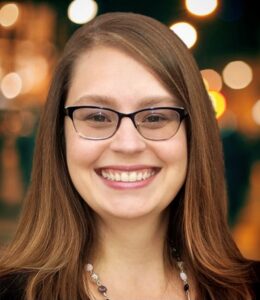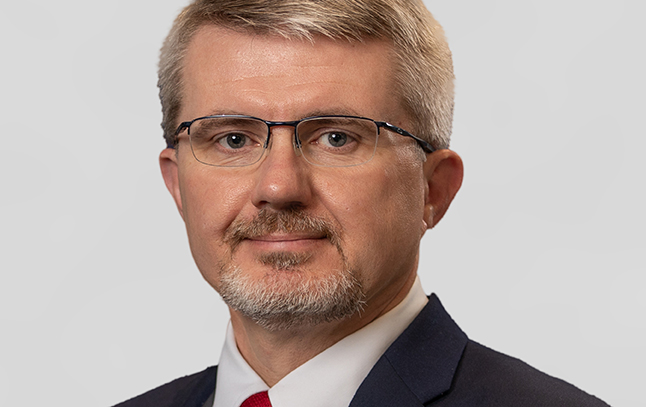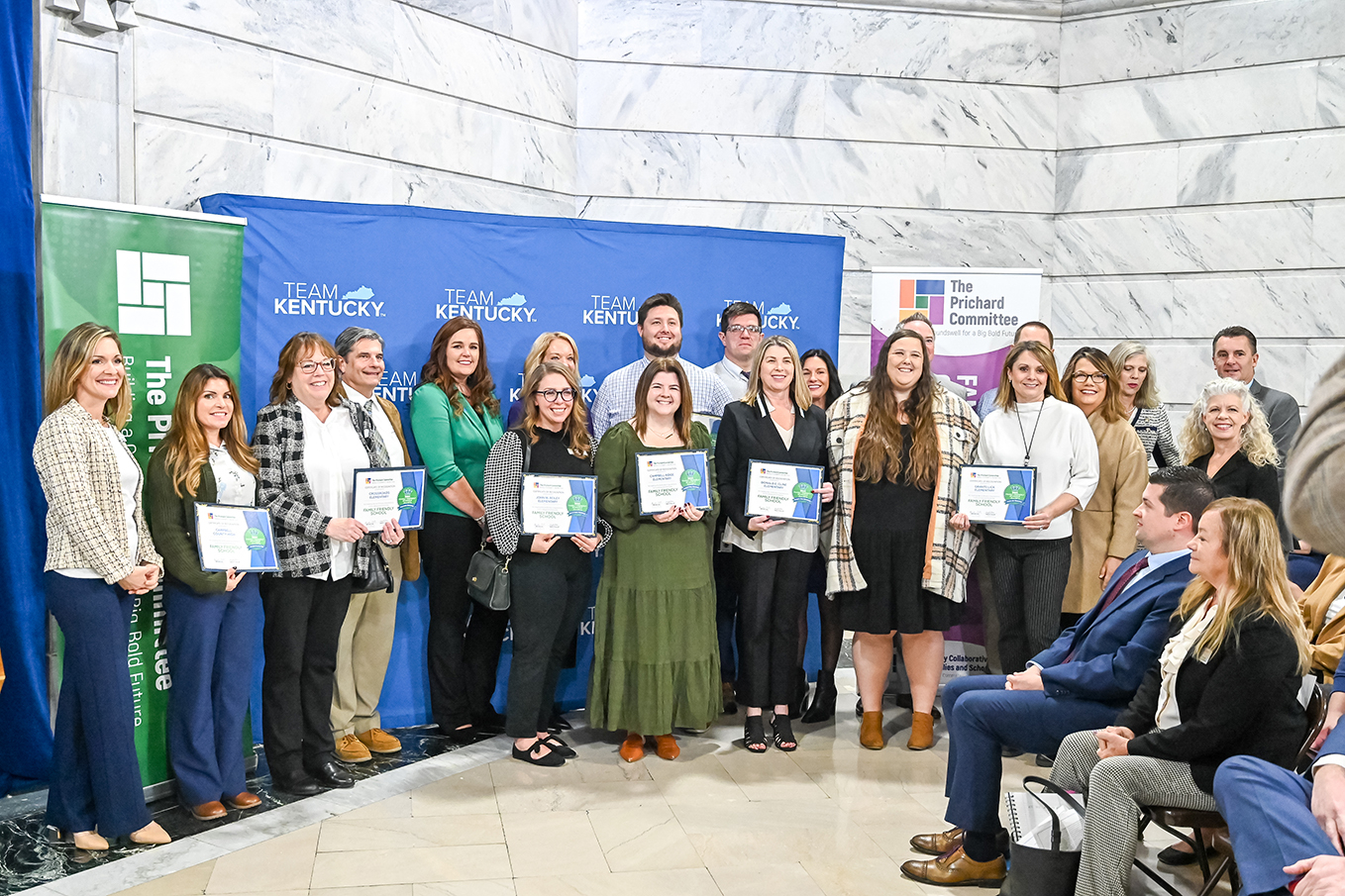
Kimberly Grubb
Hello, my name is Kimberly Grubb. I began my adventure in early childhood education more than 25 years ago where I found my niche and passion in the preschool/Head Start realm. I am thrilled to have the opportunity to share our blended head start and preschool program’s journey to Family Friendly Schools certification through the Prichard Committee.
Family engagement has been the backbone of the Head Start and preschool program since its conception in the 1960s. Serving as a Head Start and preschool teacher, an early childhood education consultant, and currently as the chief early childhood officer for Floyd County Schools, I know that strong family engagement in the early years is key in laying the foundation for school readiness and future learning.
When families enroll their child in our early childhood program, they are also enrolling themselves. Our program not only supports the child when they enter our doors, but also focuses on the family as well. With this in mind and after hearing about the Family Friendly Early Care and Education Certification at the Early Childhood Institute, my interest peaked. I began looking into Family Friendly Certification for Early Childhood.
I contacted one school in our district that already achieved certification and discussed what was involved in the process. After our discussion, completing the pulse check, reviewing the self-assessment for Early Childhood and viewing the modules to see what was involved before I started developing a team, I realized that we were already doing a lot of positive things to foster family engagement. Confident in the work we have been doing, I was excited to move forward in the journey toward certification.
Since we were seeking certification for all 16 preschool and Head Start classrooms at seven different elementary sites, our early childhood office staff invited one Head Start or preschool teacher and one caregiver from each site to serve on our family engagement assessment team. Each member came with their own diverse backgrounds. Our lead family advocate and education consultant also served on this team.
Several tasks were required to be completed before applying for certification. One of the first tasks to be completed was that all team members view the required modules and complete the questionnaire after viewing the modules. Some of the caregivers on the team were apprehensive about the completion of the online module and questionnaire to verify completion. Our program is blessed to have six family advocates. These advocates and education consultants were instrumental in assisting caregivers with navigating the modules. They even encouraged caregivers to come to the school and set up devices for them to participate in the process.
Next came the self-assessment document. Family advocates were once again on hand if caregivers had any questions with the self-assessment document. Wanting to get a clearer picture of our work, I asked each teaching team and family advocates at the seven sites to complete the self-assessment. Each member gave an independent score and then we compiled to get one total score.
During this time, I also distributed the Family Friendly Survey. Survey data was collected from families using various means, such as online and paper copies. The link for the survey was shared on staff’s Google Classroom, Facebook Messenger family groups, text and email.
After all the information was compiled, the team developed a list of what we were doing well and where there was room to improve relationships with families. From all the data we collected, the team developed plans to address our needs and started gathering evidence that supported our strengths. Google folders were created and shared with all teaching staff where they could upload needed items that documented our engagement efforts in each of the five components of the self-assessment.
Looking back at our journey to become Family Friendly Early Care and Education Certified, I found it to be a fully-supported process with easy-to-follow guidelines. We had a staff member from the Partners for Rural Impact help guide us through the certification process and answer any questions that may come up along the way. I was fortunate to have two schools in our district to lean on for guidance that had already completed the process the year prior. The modules we viewed prior to starting the application were very helpful by showing ideas for family engagement. The Early Childhood Digital Playbook provided great resources that could be implemented quickly that addressed the five components in the self-assessment.
This process caused us to take a deeper look into our family engagement practices. As a director, it caused me to step out of my comfort zone and directly ask caregivers what their thoughts were on our family engagement practices. We work hard to reach all families, but this has made us take an even closer look at what we are doing to help reach some of our hardest to connect with families and start finding ways to reduce barriers for their involvement.
Moving forward, we are looking at more creative and innovative ways to engage families in letting us know what they need, what they are interested in and program planning. We are becoming more intentional about ways to strengthen our family and community partnerships. We are planning to increase family voice through additional short surveys and polls. Based on survey results we have received so far, we plan to have different options on weekly family projects so that families can choose how they complete the family project or select between project options.
Achieving Family Friendly Early Care and Education Certification has validated all the hard work and long hours our early childhood team has put into supporting children and their families. This certification gives us more confidence and conviction than ever before in our ability to help families and children thrive. We are honored to earn this distinction and grateful for the staff, families, and community support to make this possible. Recertification awaits us in the future and we must continue to grow and raise our family engagement standards and practices.
Kimberly Grubb is the chief early childhood officer for Floyd County Schools.




Leave A Comment